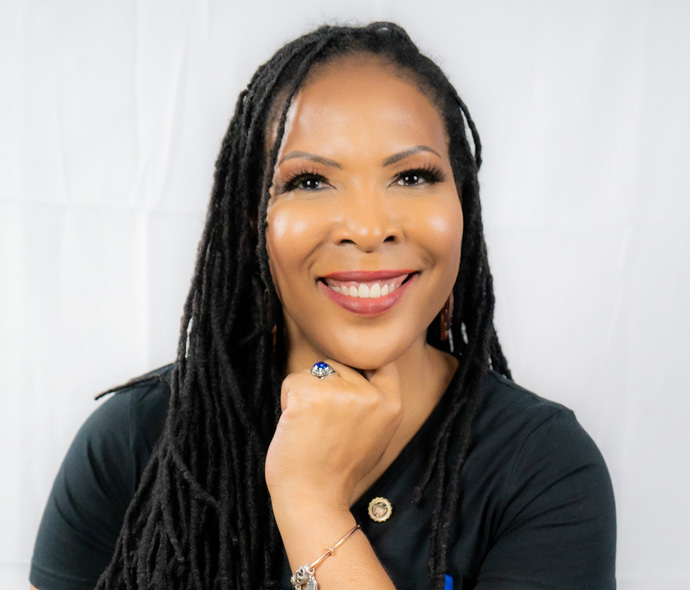By Ayo Sekai, Ph.D.
THE ACTIVISM OF UPPERCASING B[LACK]: Celebrating the American Psychological Association for Significant Style Guide Change
While going through my Ph.D. and choosing one of my research specializations as Black Politics, it was empowering to finally become aware of the inconsistency in how the word ‘black’ is used when referring to Black people. Yet, with all other Indigenous cultures and races, it is capitalized, such as ‘H’ Hispanics, ‘A’ Asian, ‘W’ White, etc. This has always bothered me. As UWP began rebranding, I felt it was an intentional resolution in activism to use the publishing platform to make this change and in “our” voice. At the same time, we #TellOurOwnStory reclaim the black narrative.
For decades, using a lowercase “b” to refer to Black people was a customary practice in English language usage, a form of linguistic imperialism. This convention was rooted in a longstanding history of systemic racism and prejudice in the United States, which sought to diminish the significance and value of Black people and their experiences.
Using a lowercase “b” for Black people was seen as a way to marginalize further and exclude them from mainstream society. In contrast, white people were often given the dignity of a capitalized “W,” which reinforced their position of power and privilege.
I have been pleasantly surprised to see that I am among a growing movement to capitalize the “B” in “Black” when referring to Black people as a way to acknowledge and honor the cultural and historical significance of the Black experience. The use of a capitalized “B” recognizes the unique cultural and historical identity of Black people and to promote a more inclusive and equitable society.
Many activists and scholars argue that the use of a capitalized “B” is not just a matter of style but a political act that has the potential to challenge and disrupt the systems of oppression and marginalization that have historically targeted Black people. By capitalizing the “B,” we signal our recognition and respect for the dignity and worth of Black lives and affirm our commitment to building a more just and equitable world.
Kudos to The American Psychological Association (APA), which recently updated its style guide and recommended capitalizing “Black” when referring to Black people but not capitalizing “white” when referring to white people. This is because “Black” is often used as a cultural identifier and reflects a shared history and experience of people of African descent, while “white” does not have the same cultural and historical connotations. The APA Style Guide states: “Use ‘Black’ and ‘White’ as adjectives to describe people or a person’s race or ethnic identity. Capitalize ‘Black’ and ‘White’ when used as adjectives describing people or as a stand-alone racial or ethnic identifier. For example: ‘The study included 100 Black women and 50 White men.'”

